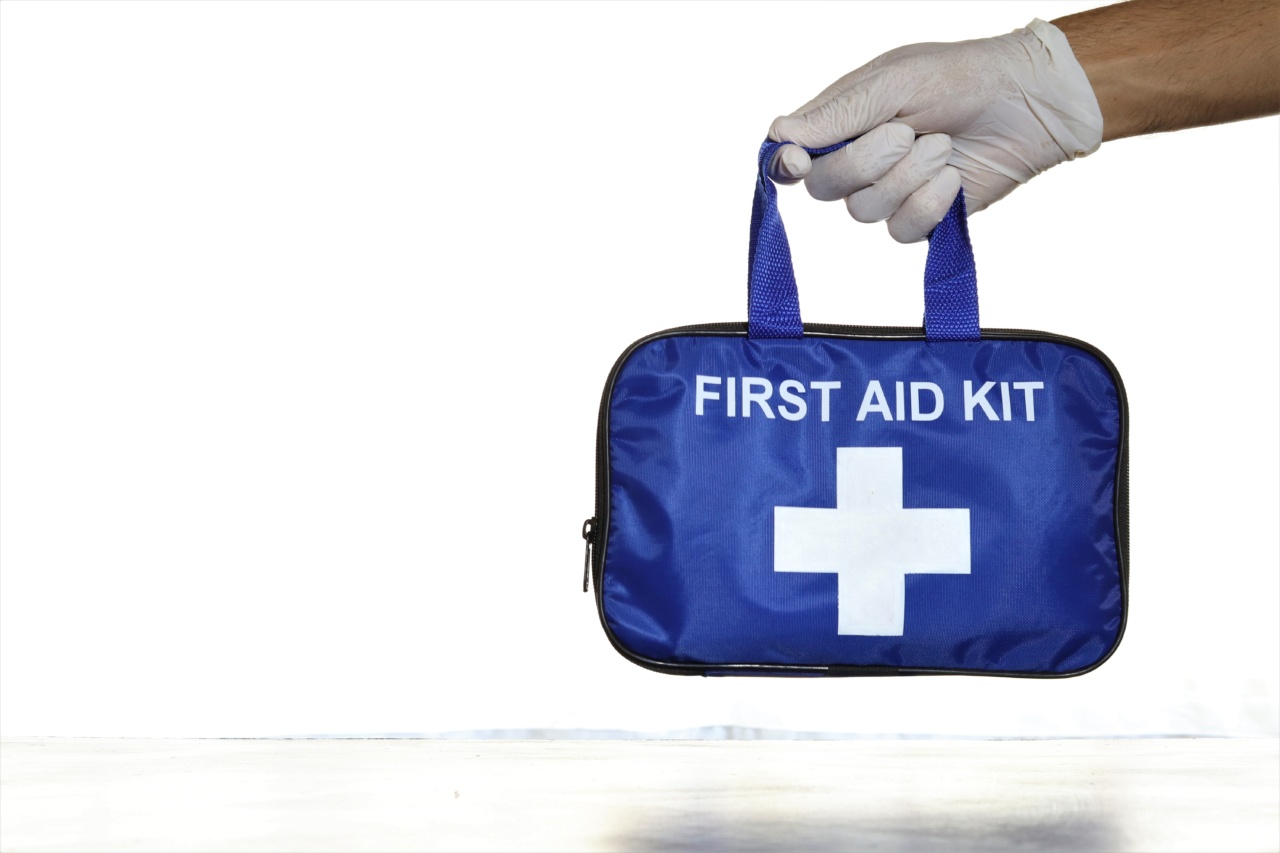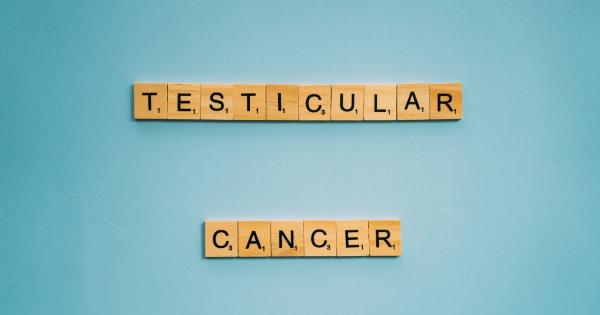Twisted testicles, also known as testicular torsion, is a medical emergency that requires immediate attention. It is a condition where the testicle twists around its blood vessels, cutting off its blood supply.
If not treated promptly, it can lead to severe damage and loss of the testicle. This article will discuss the causes, symptoms, diagnosis, and treatment of twisted testicles.
Causes of Twisted Testicles
Twisted testicles can occur at any age, but it is most common in young boys and men in their mid-teens to early 30s. The twisting of the testicle can be spontaneous or may occur due to trauma or vigorous physical activity. Other causes include:.
- Anatomical abnormalities
- Previous testicular surgery
- Infections
- Tumor growths
- Heredity
Symptoms of Twisted Testicles
Twisted testicles can cause severe pain and discomfort in the affected testicle and the surrounding area. Other symptoms include:.
- Swelling and discoloration of the scrotum
- Nausea and vomiting
- Fever and chills
- Difficulty in urinating
- Abdominal pain
Diagnosis of Twisted Testicles
The diagnosis of twisted testicles is based on a physical examination, medical history, and ultrasound scanning. A physical exam may reveal a swollen and tender scrotum, and an ultrasound can help detect the twisted testicle and assess blood flow.
Doctors may also conduct a blood test to check for infection or inflammation.
Treatment of Twisted Testicles
Immediate treatment is necessary to restore blood flow to the affected testicle and prevent damage that could lead to loss of the testicle. Treatment options include:.
- Manual detorsion – this involves rotating the testicle to untwist the blood vessels manually. It is done under anesthesia and is successful in a small number of cases.
- Surgery – this involves surgery to untwist the testicle and attach it to the scrotal wall. This procedure is called orchidopexy. In some cases, where the testicle is severely damaged, removal of the testicle may be necessary.
Prevention of Twisted Testicles
There are a few steps that can be taken to reduce the risk of twisted testicles, including:.
- Avoiding strenuous physical activities that could cause trauma to the testicles
- Wearing protective gear during sports such as jockstrap
- Having regular check-ups with a urologist if you have a family history of testicular torsion
Conclusion
In conclusion, twisted testicles are a medical emergency that needs immediate attention. Delay in treatment could lead to severe damage and loss of the testicle.
Knowing the symptoms and risk factors can help in early detection and treatment of twisted testicles. Make sure to seek medical attention immediately if you experience any of the symptoms mentioned in this article.





























